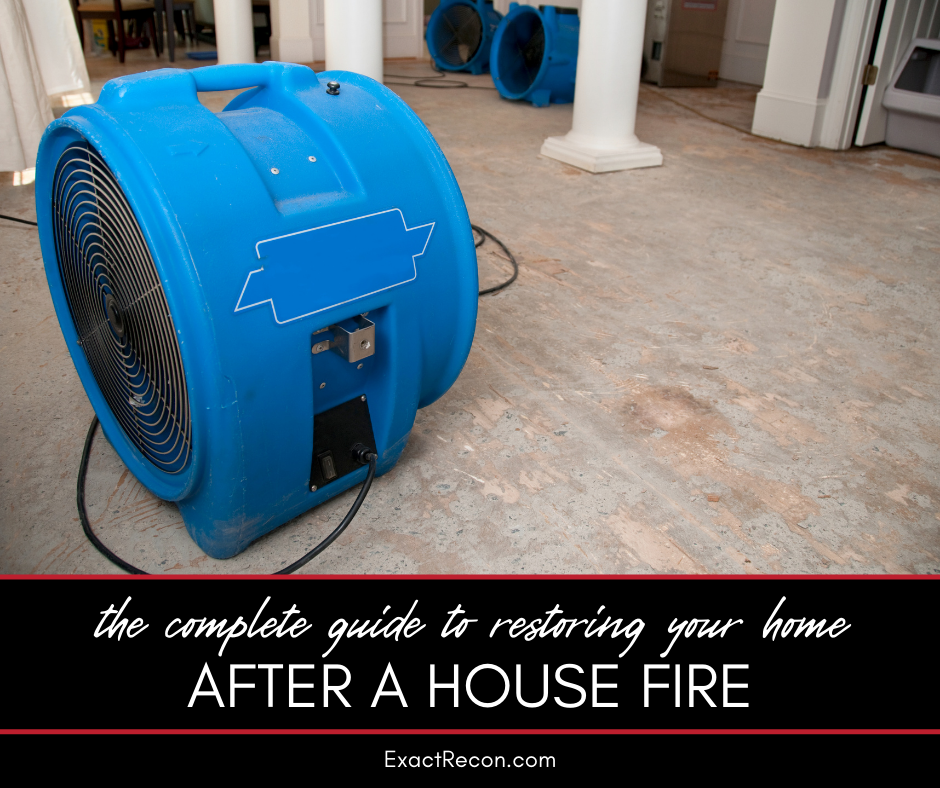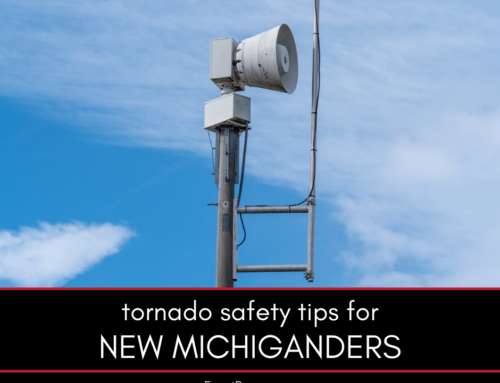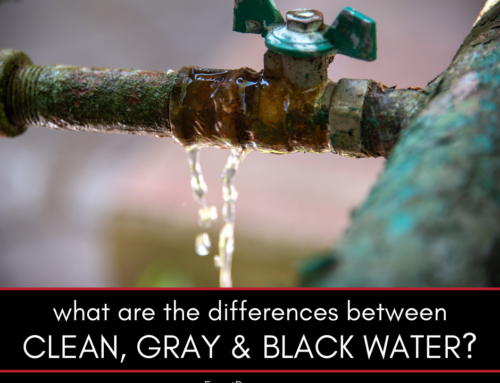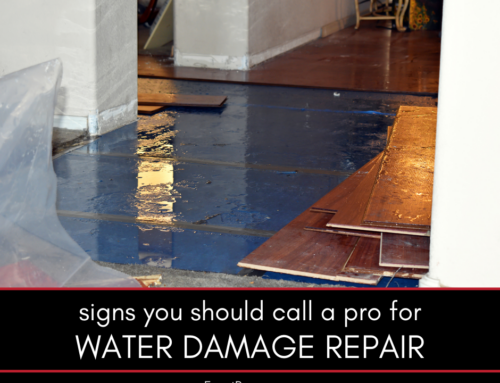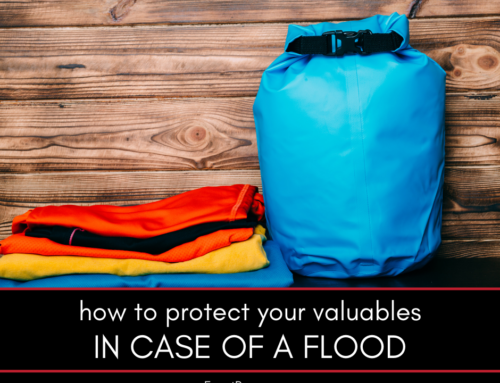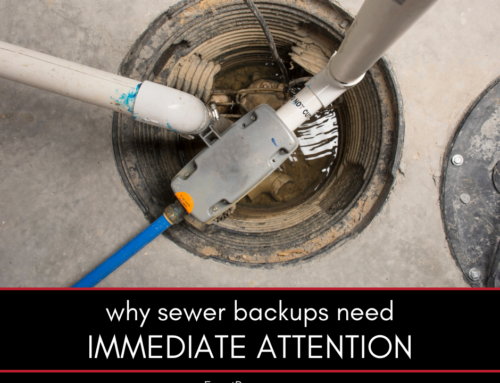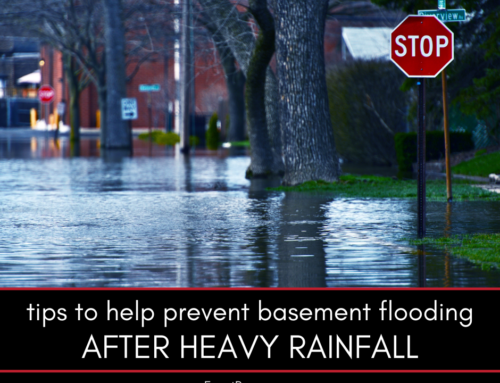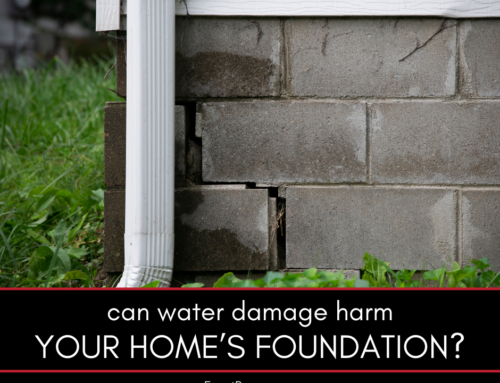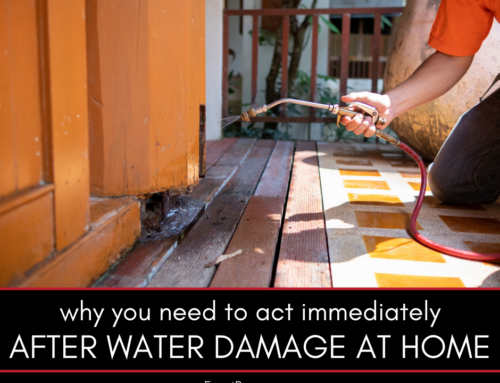Experiencing a fire in your home can be devastating, but knowing the steps to take for restoration can help you regain a sense of normalcy. Restoring your home after a fire involves addressing fire, smoke, and water damage. Professional help is essential for thorough and safe restoration.
Guide to Restoring Your Home After a Fire
This guide provides detailed steps for restoring your home after a fire. It covers the following:
- Ensuring safety first
- Contacting your insurance company
- Assessing and documenting damage
- Securing your property
- Addressing fire damage
- Dealing with smoke damage
- Handling water damage from firefighting efforts
- Cleaning and salvaging personal belongings
- Professional restoration services
- Preventing future fires
Here’s a closer look at each.
Ensuring Safety First
The first and most important step after a fire is ensuring the safety of your family. Do not reenter your home until local authorities have declared it safe. Even after the fire is out, there may be structural damage, electrical hazards, or lingering smoke. Wear protective clothing, gloves, and masks to protect yourself from potential hazards. Be cautious of broken glass, sharp objects, and unstable structures.
Related: Tips on protecting your home from disasters and other damage
Contacting Your Insurance Company
As soon as it is safe to do so, contact your insurance company to report the fire and start the claims process. Provide them with detailed information about the incident and the extent of the damage. Your insurance company will send an adjuster to assess the damage and determine the coverage for repairs and restoration. Keep a record of all communication with your insurance company and save receipts for any expenses related to temporary housing, repairs, and cleanup.
Related: How to make an insurance claim after a disaster
Assessing and Documenting Damage
Thoroughly assessing and documenting the damage is crucial for insurance claims and the restoration process. Walk through each room and the exterior of your home, taking clear photos and videos of all affected areas. Document structural damage, fire and smoke damage, water damage, and any damaged personal belongings. Make a detailed inventory of damaged items, including their approximate value and purchase date. This documentation will be essential for your insurance claim and for professionals to develop a restoration plan.
Securing Your Property
Securing your property helps prevent further damage and protects it from theft or vandalism. Board up broken windows and doors, and cover any holes in the roof with tarps to protect against the elements. If necessary, install temporary fencing around the property to restrict access. Inform local authorities and neighbors that your home has been damaged and may be vacant. Securing your property ensures that the restoration work can proceed safely and efficiently.
Addressing Fire Damage
Fire damage can weaken the structural integrity of your home and requires prompt attention. Inspect the structure for signs of damage, such as charred beams, cracked walls, and damaged roofing. Do not attempt to make structural repairs yourself; instead, call a professional for fire damage restoration. Professionals have the expertise and equipment to assess the damage accurately and perform necessary repairs to restore the safety and stability of your home.
Dealing With Smoke Damage
Smoke damage can leave behind persistent odors, discoloration, and harmful residues. Cleaning and deodorizing smoke-damaged areas requires specialized techniques and equipment. Begin by ventilating your home to remove lingering smoke particles. Use vacuums with HEPA filters to clean surfaces and remove loose soot. Wash walls, ceilings, and other hard surfaces with a solution of warm water and mild detergent. For porous materials, such as upholstery and carpets, professional cleaning is recommended. Professional smoke damage restoration ensures thorough cleaning and odor removal.
Handling Water Damage From Firefighting Efforts
Water damage from firefighting efforts is a common issue after a fire. Standing water and moisture can lead to mold growth and further structural damage. Begin by removing standing water using pumps, wet/dry vacuums, and dehumidifiers. Thoroughly dry affected areas to prevent mold and mildew. Pay special attention to basements, crawl spaces, and other low-lying areas where water can accumulate. For extensive water damage, it is essential to call a professional for water damage restoration.
Cleaning and Salvaging Personal Belongings
Cleaning and salvaging personal belongings can be challenging but is possible with the right techniques. Sort through your belongings and separate items that can be cleaned from those that are too damaged to salvage. For hard surfaces, such as glass, metal, and ceramics, use a mixture of water and mild detergent to clean soot and residue. For fabric items, such as clothing, curtains, and upholstery, launder them using a smoke-odor-removing detergent or take them to a professional cleaner. For electronics and appliances, consult a professional for proper cleaning and restoration.
Related: All about wind damage
Professional Restoration Services
Professional restoration services are essential for thorough and safe recovery after a fire. Restoration professionals can handle various aspects of the recovery process, including fire damage, smoke damage, and water damage. They use specialized equipment and techniques to clean, deodorize, and repair affected areas. Hiring professionals ensures that the work is done correctly, preventing future issues and providing peace of mind. They can also assist with navigating insurance claims and documentation, making the process smoother and more efficient.
Preventing Future Fires
Taking steps to prevent future fires is crucial for protecting your home and family. Install and maintain smoke detectors on every level of your home, including inside bedrooms and outside sleeping areas. Test smoke detectors monthly and replace the batteries at least once a year. Develop and practice a fire escape plan with your family, ensuring everyone knows how to exit the home safely. Keep flammable materials, such as paper, cloth, and chemicals, away from heat sources. Regularly inspect and maintain electrical wiring, appliances, and heating systems to prevent potential fire hazards.
FAQ About Restoring Your Home After a Fire
Check out these commonly asked questions about restoring your home after a fire. If you don’t see your question here, please call our office and we’ll find you the answers you need.
How Soon Should I Contact a Professional for Fire Damage Restoration?
You should contact a professional for fire damage restoration as soon as it is safe to do so. Prompt action can prevent further damage and expedite the recovery process.
What Can Be Salvaged After a Fire?
Many items can be salvaged after a fire, depending on the extent of the damage. Non-porous items like metal and glass can often be cleaned and restored. Porous materials like fabric and paper may need to be discarded. A professional can help determine what can be salvaged and what needs to be replaced.
How Do Professionals Remove Smoke Odor?
Professionals use specialized equipment, such as ozone generators and thermal foggers, to neutralize smoke odors. This process involves breaking down odor-causing particles at a molecular level. Air scrubbers and HEPA filters also help remove particles from the air.
Related: Black, gray and clean water: What you need to know
How Can I Prevent Mold Growth After Water Damage?
To prevent mold growth after water damage, remove standing water and thoroughly dry affected areas within 24 to 48 hours. Use dehumidifiers and fans to reduce moisture levels. Regularly inspect for signs of mold and address any issues promptly.
What Should I Include in My Documentation for Insurance Claims?
Include detailed photos and videos of all damaged areas and items, both inside and outside your home. Make a list of damaged items with their approximate value and purchase date. Provide this documentation to your insurance company to support your claim.
Do You Need a Disaster Remediation Expert in Washtenaw County or Jackson County?
If your home has already been damaged, we can help. Check out our services and call Exact Recon for your free disaster remediation quote today. We offer:
- Water damage restoration
- Fire damage restoration
- Mold removal and remediation
- Fire and smoke restoration
- Sewer cleanup and disinfecting
- Reconstruction
- Wind and storm damage repair

